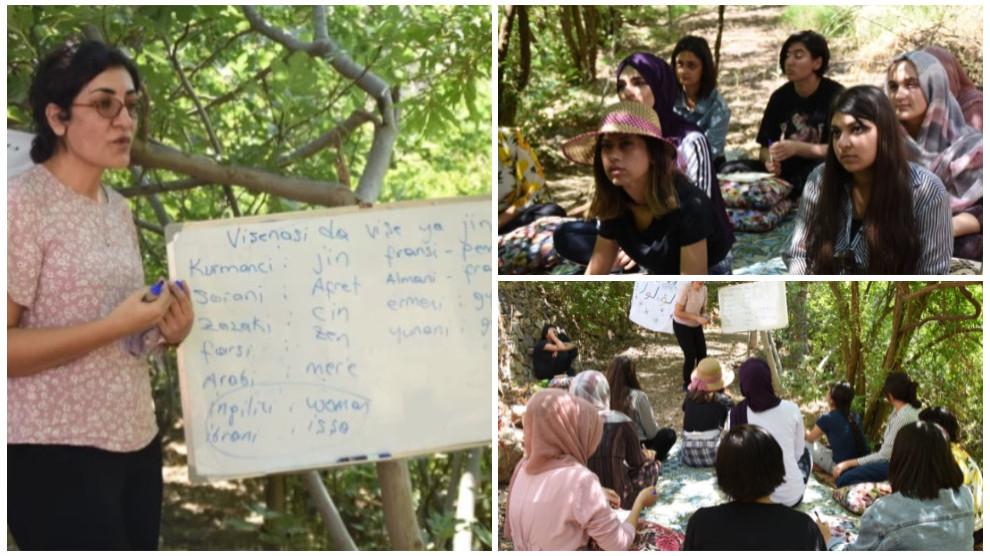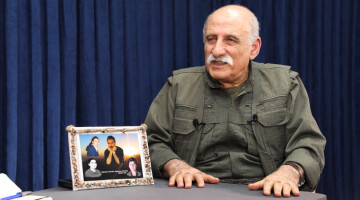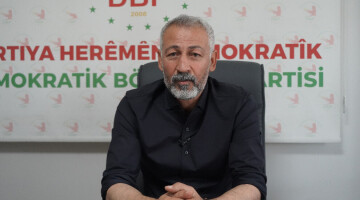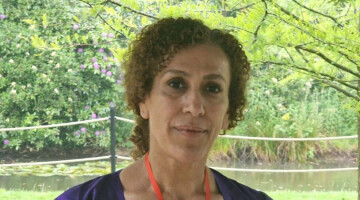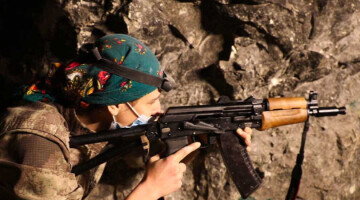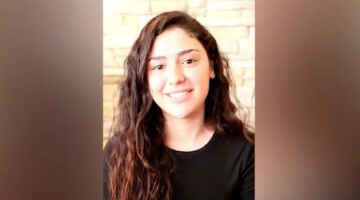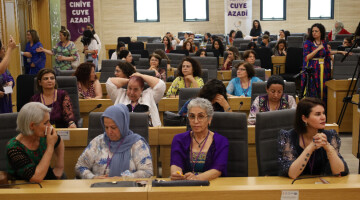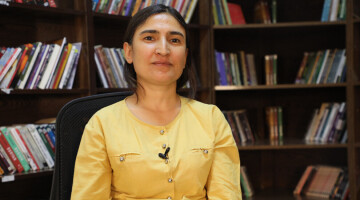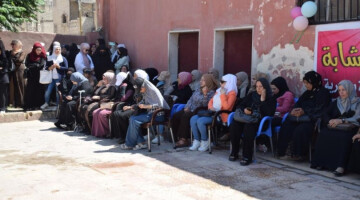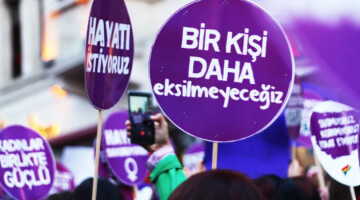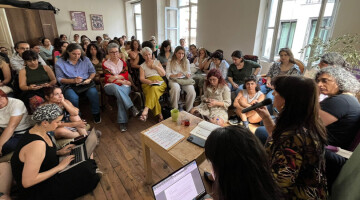In the Hawraman region near the city of Halabja in Southern Kurdistan, a three-day Jineoloji camp organised by the women's movement "Jinên Ciwanên Têkoşer" (Struggling Young Women) started on Sunday. During the camp, the 15 participants will exchange ideas about the possibilities of implementing this social science coming from the Kurdish women's freedom movement.
Jineoloji as the science of women criticizes the elitist, patriarchal, positivist understanding of science. This radical thinking develops knowledge and methods for researching and overcoming patriarchal, state and capitalist forms of knowledge and rule with the aim of women's revolution for a free society. The first time Abdullah Ocalan first wrote about Jineoloji in 2008 in his defense paper "Sociology of Freedom", which says; "As long as the nature of women remains in the dark, it is not possible to enlighten the nature of society. (...) In order to solve the history of women's colonization - including their economic, social, political and mental colonization - it will not be possible to enlighten all other questions in history and all sides of today's societies.”
The camp began on the first day with an introduction to general basic concepts of Jineoloji in different languages and dialects. In the valleys of Hawraman, which consist of the mountainous land between the triangle area of Halabja, Mariwan and Pawe, mainly Hewramî, a dialect of Goranî, and Soranî is spoken. After the language workshop, an activist of "Jinên Ciwanên Têkoşer" presented the history and proposal of the Jineoloji. The main point was to answer the questions of what the Jineoloji is based on, what exactly it criticizes about positivist science and what its scientific perspective for social change and the struggle for women's freedom worldwide is. The patriarchal society in many regions of Southern Kurdistan is characterised by an occupying mentality. The camp is intended to provide a framework for intensive discussions about the influence of the patriarchy on the oppressed position of women in the South Kurdistan society.
The first day of the camp was concluded in the early evening with a bicycle tour in the mountainous countryside of Hawraman. Cultural activities will be on the program for the following hours.


